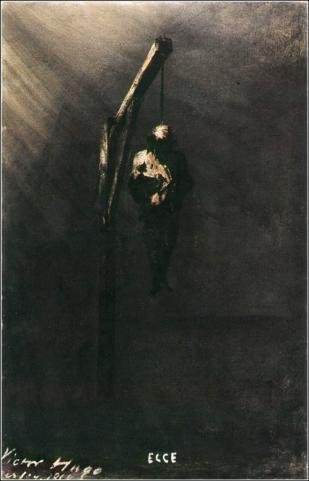These questions are constantly undergoing intense debate and discussion, but the real question I'm interested in is how a massacre like Srebrenica can be allowed to occur while the eyes of the entire world rest on the Balkans?
In the case of the conflict in Bosnia it's incredibly challenging. The United Nations were the envoys of peace and inserted thousands of UN Protection Forces (UNPROFOR) into Bosnia to regulate and observe the conflict from the ground. While behind the UN was NATO, the big stick that could be waved in situations of non-compliance with UN sanctions.
In the case of Srebrenica the UNPROFOR were drastically under prepared for imposing any kind of influence over the Serbian troops that lay siege to it. To make matters worse, Bosnian government troops organised attacks and rallied within the "safe zone" of Srebrenica.
Srebrenica wasn't at all safe, infact it was being actively used as a military base for Bosnian troops, and at the same time the UN troops who were protecting the enclave were lightly armed with no mandate to protect with force. So when the Serbian troops overran Srebrenica it's no surprise that the UNPROFOR could do nothing to stop them. It reminds me of a quote from the book Emergency Sex, "If blue-helmeted U.N. peacekeepers show up in your town or village, and offer to protect you, run."
The frustration that must have been felt by the Dutch troops who were helpless to stop the ensuing chaos. Frustration towards the Bosnian troops commanded by Naser Oric who constantly flouted the town's status as a safe haven.
There's no doubt that the situation in Srebrenica was complex. The UN had not secured the safe zone effectively, they were unable and unequipped to defend it, the Bosnian troops continued to launch attacks from within it and the Serbian troops lost patience and made a move on the town. Does this justify or excuse the mass execution of thousands of Bosnian Muslim men and boys? It's hard to believe, but there are those who defend the actions of the Serbian forces, excuse those in command of them, and even go so far as to deny the genocide ever occured. Arguments are plentiful for denying any genocide occured. A column of Bosnian troops continued fighting around Srebrenica as they retreated after the town was taken. In other words, the men who died in Srebrenica were legitimately killed during the fighting. That the numbers were greatly exaggerated by people who simply went missing in the chaos and were never killed. That the few mass killings were undertaken by out of control militants with no affiliation to the Serbian (VRS) forces.
The facts remain, and shine through all the misinformation. Bodies were found ligatured, blindfolded and horrifically beaten. Bullets were traced back to the guns of Serbian troops. DNA identified thousands of unique individuals. Mass graves were dug quickly and concealed. The tragic list of facts goes on and on. If to forget a genocide is to "kill twice", as Elie Wiesel put it, then to deny its occurence is to kill ad infinitum.
It's not in the international communities interests to fabricate this atrocity. So much blame falls on those in a position to stop the genocide. If no genocide had occured, the use of force by UN and NATO forces would have seemed utterly disproportionate. Afterall, there were so many opportunities to stop the catastrophe from occuring, but it's easy to see the right answer to such decisions in hindsight. Making decisive decision in a warzone that are intended to maintain peace must be a nearly impossible situation. Romeo Dallaire writes about his experience of helplessness in Rwanda in his book "Shake Hands with the Devil", which I have every intention to read as soon as I get my hands on it.
How is it that so many can be murdered while the international community watches? It would seem that the confusion of warfare can muddy the waters to such an extent that almost anything can be concealed in the fog of war.
Because of all this uncertainty, because the whole war was a mess of deeply rooted political, social and economic problems, it seems to be possible for people to say, with a straight face, "Perhaps Srebrenica wasn't really a genocide". Some revisionist historians still deny or lessen the scale of the Holocaust, even though this position usually makes them a historical pariah. Is it more acceptable to cast doubt on Srebrenica because of all the "fog" that surrounds the war, or perhaps because it wasn't on the same scale? For certain the crimes weren't as black and white as can be found in the Holocaust, and it is no where near the same scale. But the test for genocide is not a comparative test with the Holocaust. The Rome Statute defines it as "the deliberate and systematic destruction, in whole or in part, of an ethnic, racial, religious, or national group."
In 2004 the ICTY Appeals Chamber ruled in the Krstic case that the Srebrenica massacre was genocide. There has to be some point where, much like the Holocaust, it becomes insensitive and unnescessary to still question the merits of this decision. Like flogging a dead horse, only this horse can be replaced by millions of people who are still very closely affected by the massacre. Misinformation and doubt are core elements of warfare, and so black and white, right and wrong, are always difficult concepts in International Humanitarian Law.
Quote of the day:
"There is a loneliness about peacekeeping, especially when it is divorced from peacemaking."

No comments:
Post a Comment